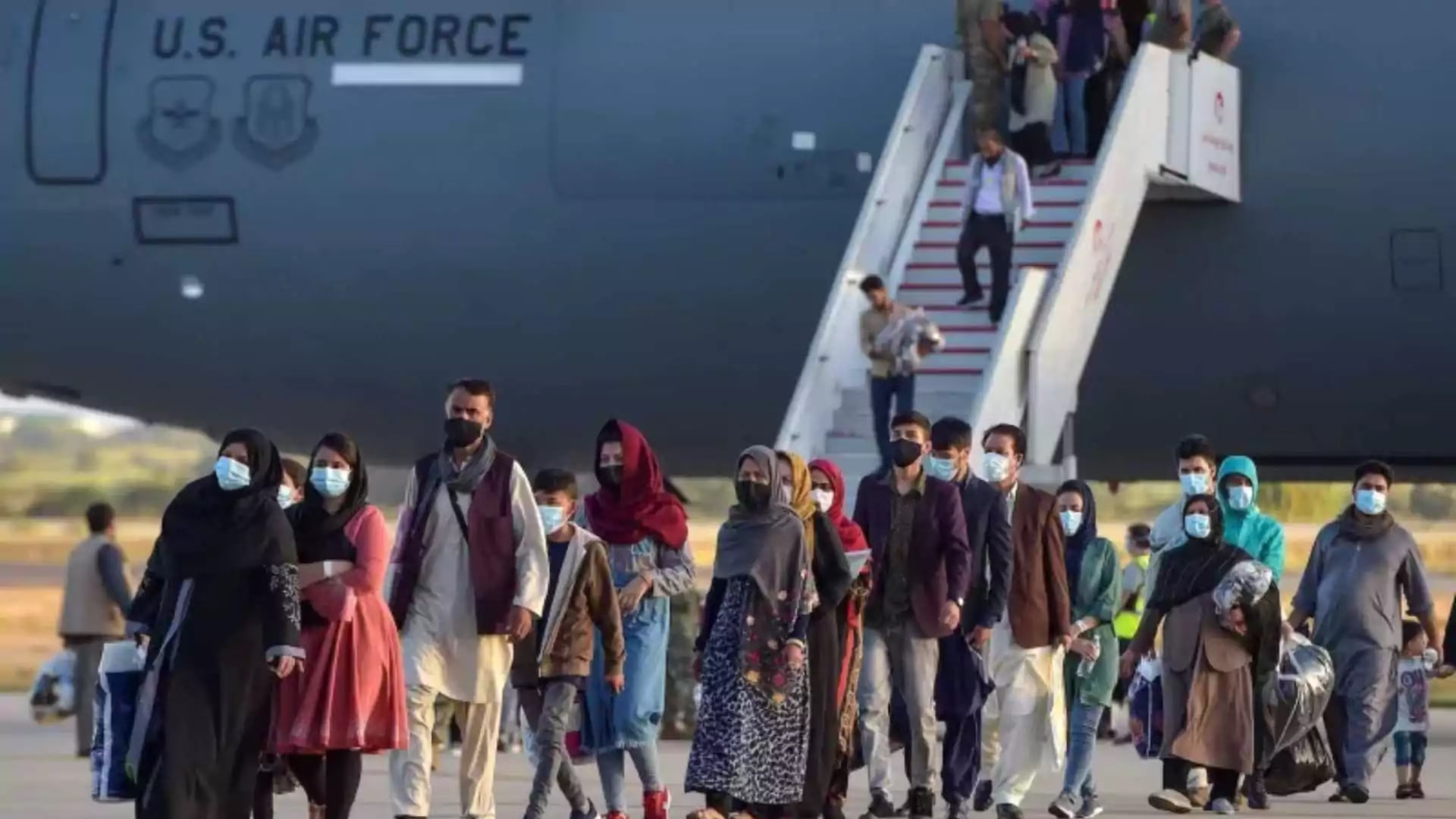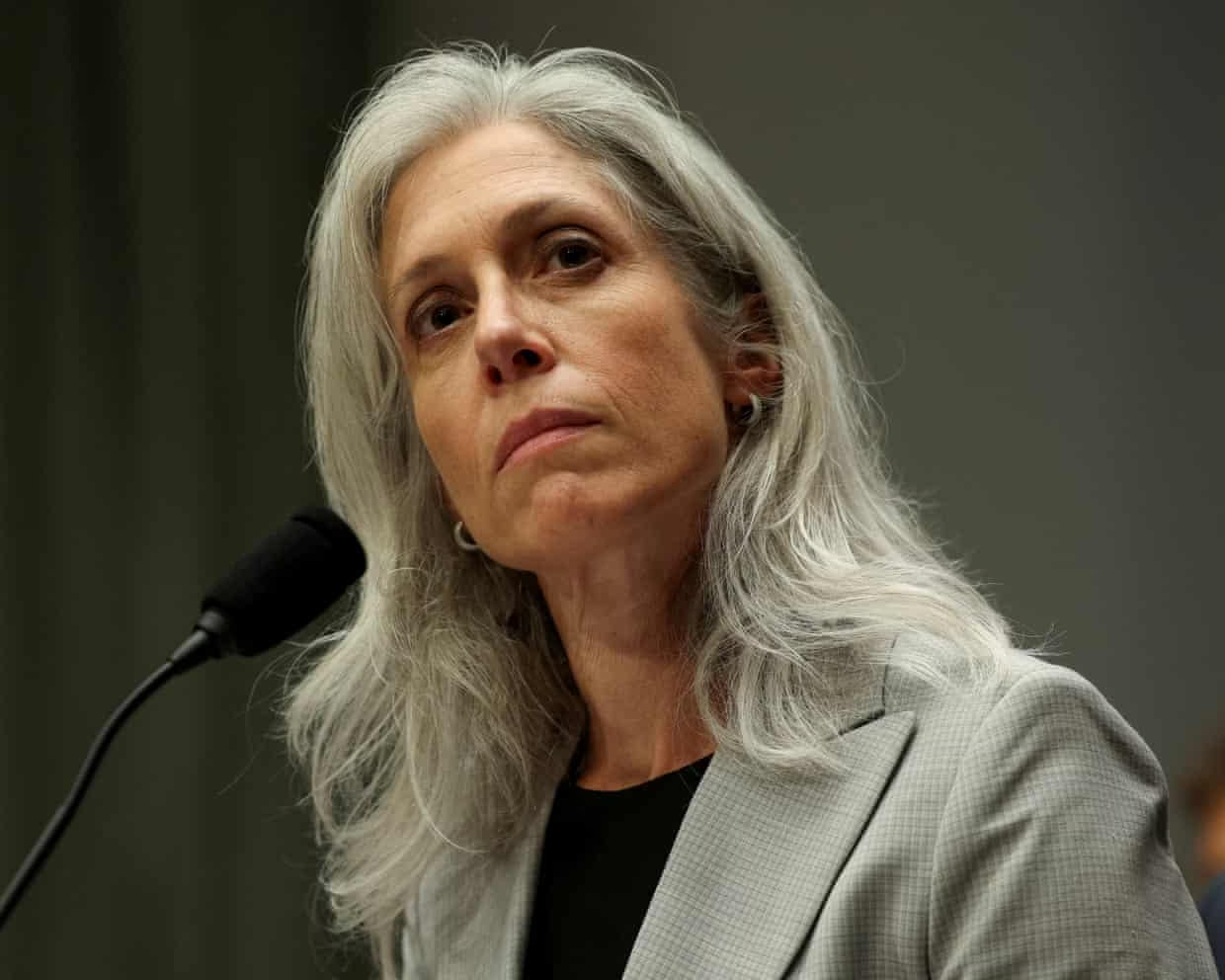The U.S. State Department office responsible for resettling Afghans in the United States has been directed to prepare for closure by April, a decision that could block up to 200,000 people from starting new lives in America, according to a U.S. official, an advocate, and two sources familiar with the matter.
The move would affect family members of Afghan-American military personnel, children approved for reunification with their parents, relatives of previously admitted Afghans, and thousands who worked for the U.S. government during its 20-year war in Afghanistan.
“Shutting this down would be a national disgrace, a betrayal of our Afghan allies, of the veterans who fought for them, and of America’s word,” said Shawn VanDiver, founder of #AfghanEvac, a coalition of veterans and advocacy groups assisting in resettlements.
The White House and the State Department have yet to comment on the development.
This decision comes as the administration orders worldwide staff reductions at U.S. embassies under a directive by President Donald Trump to overhaul the diplomatic corps. Additionally, a broader government-wide spending cut initiative aims to reduce $2 trillion in expenditures.
The Office of the Coordinator for Afghan Relocation Efforts (CARE) was initially established during the chaotic U.S. withdrawal from Afghanistan in August 2021 to relocate Afghans facing Taliban retaliation. It was later made permanent in October 2022, expanding to include refugees and facilitating the resettlement of approximately 118,000 individuals.
VanDiver and other sources said they are uncertain who issued the directive to begin shutting down CARE. If implemented, the closure could result in shutting down U.S.-run processing centers in Qatar and Albania, where nearly 3,000 Afghans—approved for U.S. resettlement under Special Immigrant Visas (SIV) or refugee status—have been stranded for months. Among them are more than 20 unaccompanied minors awaiting reunification with their parents.
These individuals live in modular housing with basic provisions, but a freeze on foreign aid has halted mental health and child support programs.
According to sources, the plan to shut down CARE is being prepared for review by key U.S. officials, including the Secretary of State, Secretary of Defense, and Secretary of Homeland Security, alongside Trump’s national security team.
The resettlement process has already been stalled since Trump took office in January, as he initiated a 90-day review of the U.S. refugee program and foreign aid funding for flights bringing vetted Afghans to the U.S. The review aims to assess the effectiveness of these programs and their alignment with Trump’s foreign policy objectives.
Afghans eligible for SIVs undergo rigorous background checks before receiving approval, as these visas are designated for individuals who worked with the U.S. government during its longest war.
Reports from the United Nations indicate that the Taliban have imprisoned, tortured, and killed Afghans associated with the former Western-backed government, though the Taliban deny these allegations, citing a general amnesty for former officials and soldiers.
If CARE and its Enduring Welcome operations are permanently shut down, up to 200,000 Afghans could lose their pathway to resettlement in the U.S. This includes approximately 110,000 Afghans in Afghanistan whose SIV and refugee applications are still under review and 40,000 others who have been cleared for flights to Doha and Tirana before reaching the U.S.
Additionally, around 50,000 Afghans remain stranded across nearly 90 other countries—half of them in Pakistan—waiting for U.S. approval or processing of their SIV and refugee applications.



